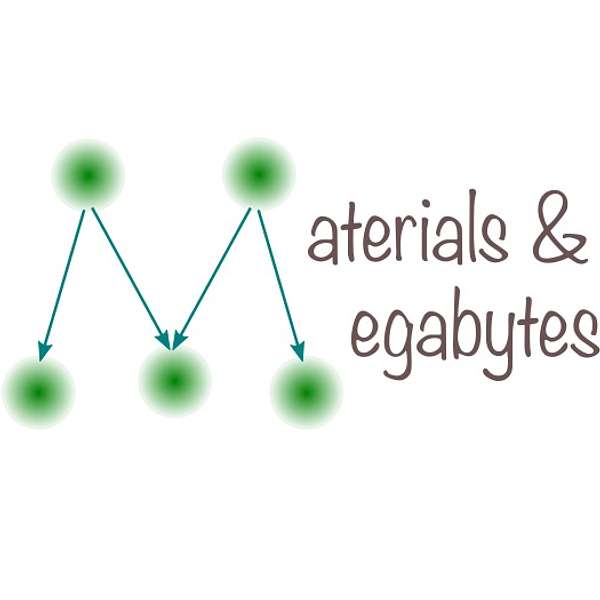
Materials and Megabytes
Exploring the development of machine learning for materials science, physics, and chemistry applications through conversation with researchers at the forefront of this growing interdisciplinary field. Brought to you in collaboration by the Stanford Materials Computation and Theory Group and Qian Yang's lab at the University of Connecticut.
Materials and Megabytes
Patrick Riley (Season 2, Ep. 3)
•
Gowoon Cheon, Qian Yang / Patrick Riley
•
Season 2
•
Episode 3
Our guest on this episode is Dr. Patrick Riley from Google Accelerated Science.
Some relevant papers and links:
- Riley, P., Practical advice for analysis of large, complex data sets. The Unofficial Google Data Science Blog, www.unofficialgoogledatascience.com/2016/10/practical-advice-for-analysis-of-large.html (2016)
- Zinkevich, M., Rules of Machine Learning: Best Practices for ML Engineering. https://developers.google.com/machine-learning/guides/rules-of-ml/ (last updated Oct 2018)
- Wigner, E., The Unreasonable Effectiveness of Mathematics in the Natural Sciences. Communications in Pure and Applied Mathematics, doi:10.1002/cpa.3160130102 (1960)
- Gulshan, V., Peng, L, Coram, M., Development and Validation of a Deep Learning Algorithm for Detection of Diabetic Retinopathy in Retinal Fundus Photographs. The Journal of the American Medical Association, doi:10.1001/jama.2016.17216 (2016)
Google Accelerated Science website: ai.google/research/teams/applied-science/gas